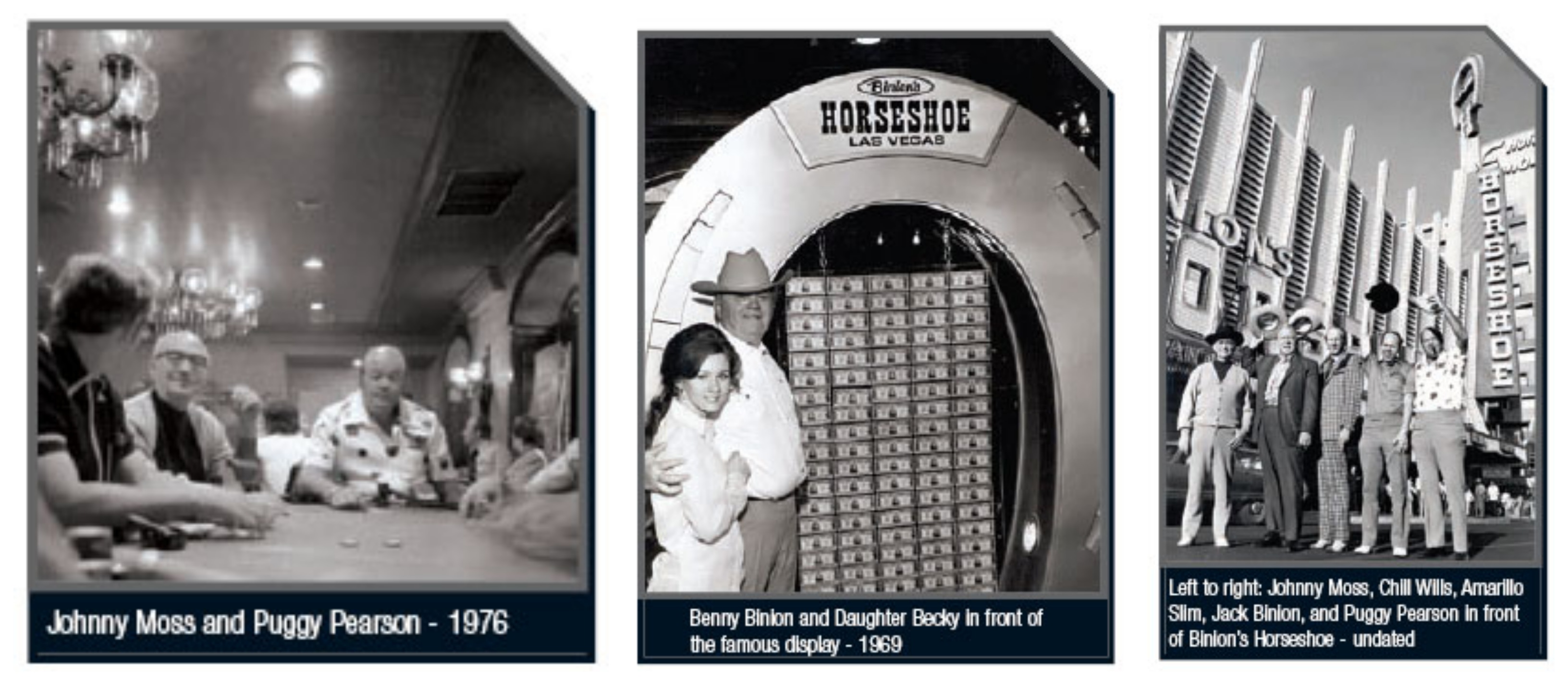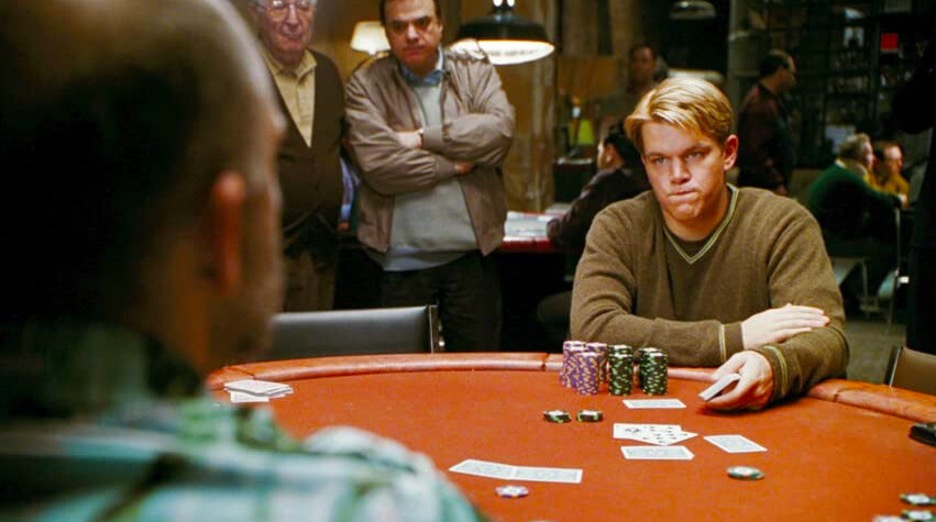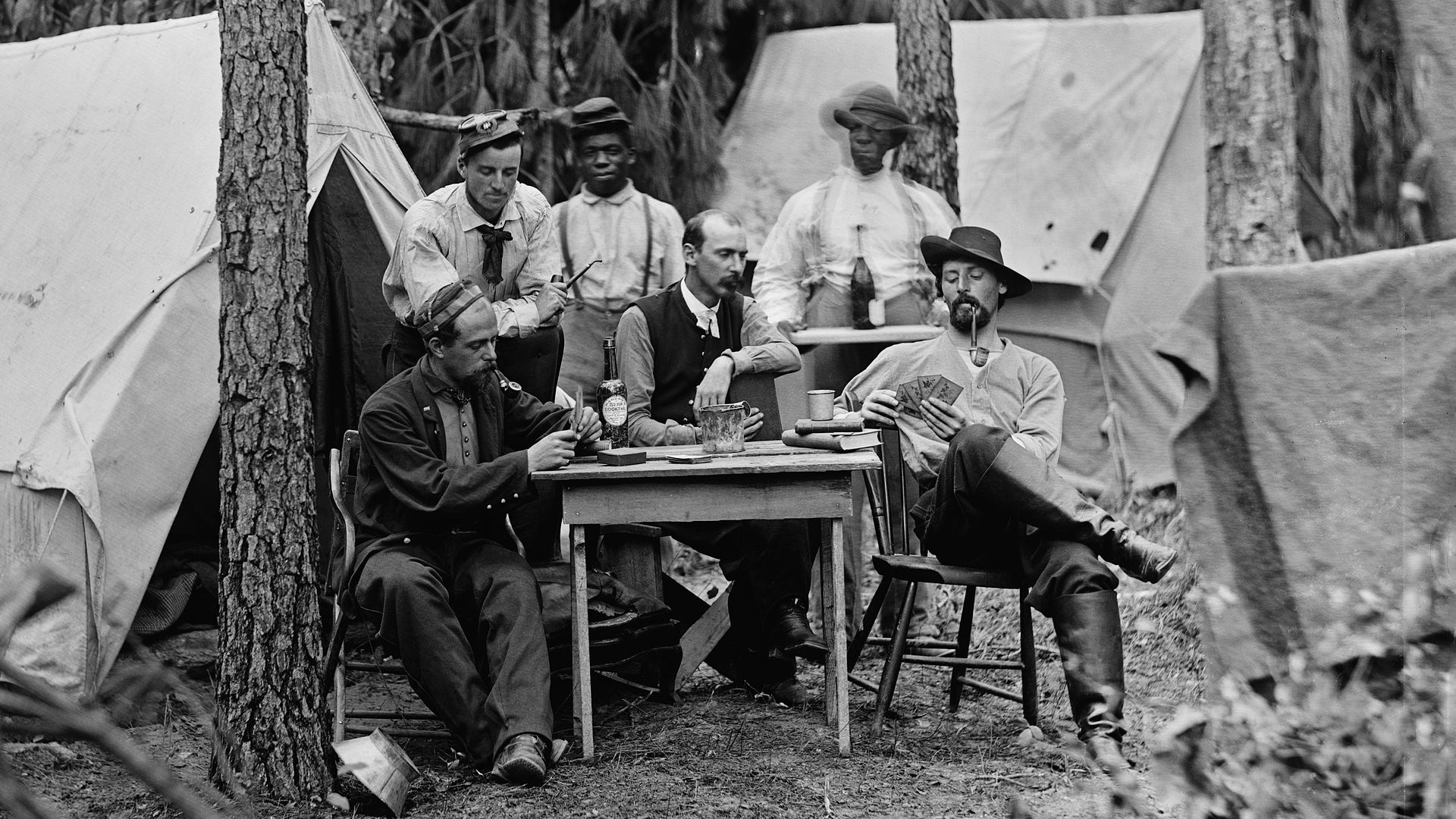Every year, poker is played in millions of locations across the USA – from home games to prestigious tournaments like the World Series of Poker (WSOP) in Las Vegas. Interestingly, it is estimated that around 60 million Americans play poker at least once a year, making it one of the most popular games in the country. Poker is more than just a game of cards; it’s a story of cultural evolution, strategy, and chance that has captivated millions worldwide. Its origins are a tapestry woven from various cultures, culminating in its rise as an iconic American pastime.
French Influence – Poque on American poker
In 17th-century France, a game called Poque gained popularity. Much like modern poker, Poque centered around betting and bluffing. Players would wager on the strength of their hands, employing tactics that remain familiar to poker enthusiasts today. French colonists brought Poque to North America, particularly to the Louisiana region, where it found fertile ground in the vibrant port city of New Orleans. Here, it began to evolve, influenced by the cultural melting pot of the early United States. The game's name, structure, and strategies would eventually be transformed into what we now call poker. This French influence was pivotal in shaping the core mechanics of the game, setting the stage for its development as an iconic American pastime.
Poker as we know it began taking shape in early 19th-century America. New Orleans played a pivotal role in poker’s evolution. The game spread up the Mississippi River on riverboats, where gamblers sought fortune, refining the game’s rules into a 52-card deck format. During the Civil War (1861–1865), soldiers played poker to pass the time, introducing the game to new regions and solidifying its place in American culture.

Origin of Texas Hold´em
It is widely believed that Texas Hold'em poker was first played in Robstown, Texas, around 1900, and gained further popularity by 1970. The game's straightforward rules make it accessible to beginners while still offering depth for professional players. Texas Hold'em made its Las Vegas debut in 1967 at the Golden Nugget casino and quickly became a hit. In 1970, the Binion brothers launched the World Series of Poker (WSOP), which saw the Texas Hold'em variant become the centrepiece of the event.
By 1971, the Main Event of the WSOP was officially held in Texas Hold'em format, and the tournament grew steadily in size and prestige. The event's success led to it attracting more competitors each year, with participant numbers growing from eight in 1970 to over 200 by 1991. Texas Hold'em's rise also spread to Europe in the 1980s when Irish bookmakers Terry Rodgers and Liam Food introduced it across the Atlantic. Today, poker remains immensely popular across the U.S., with millions of Americans playing the game every year.
Influence of Poker films
Movies like Rounders (1998) and Casino Royale (2006) have played a pivotal role in popularizing poker, especially Texas Hold’em, by showcasing the drama, strategy, and excitement of the game to a global audience. Both films contributed to poker’s global appeal—Rounders for its realism and connection to the poker community and Casino Royale for its style and international reach. Together, they have cemented poker’s status as a thrilling and intellectually engaging game.

Rounders is a cult classic among poker players, offering a realistic portrayal of underground poker games and the mental challenges involved in reading opponents and mastering strategy. It’s gripping story and iconic scenes, such as Mike McDermott’s showdown with Teddy KGB, inspired countless poker enthusiasts and professional players, especially during the poker boom of the 2000s.
Casino Royale, on the other hand, brought Texas Hold’em to the mainstream through its glamorous and high-stakes portrayal of the game. James Bond’s intense poker match against Le Chiffre introduced poker as a sophisticated and strategic game to millions of viewers worldwide. The luxurious setting and dramatic twists turned Texas Hold’em into a symbol of intelligence and boldness.
Source – YouTube, Wiki, PokerNews, WSOP




